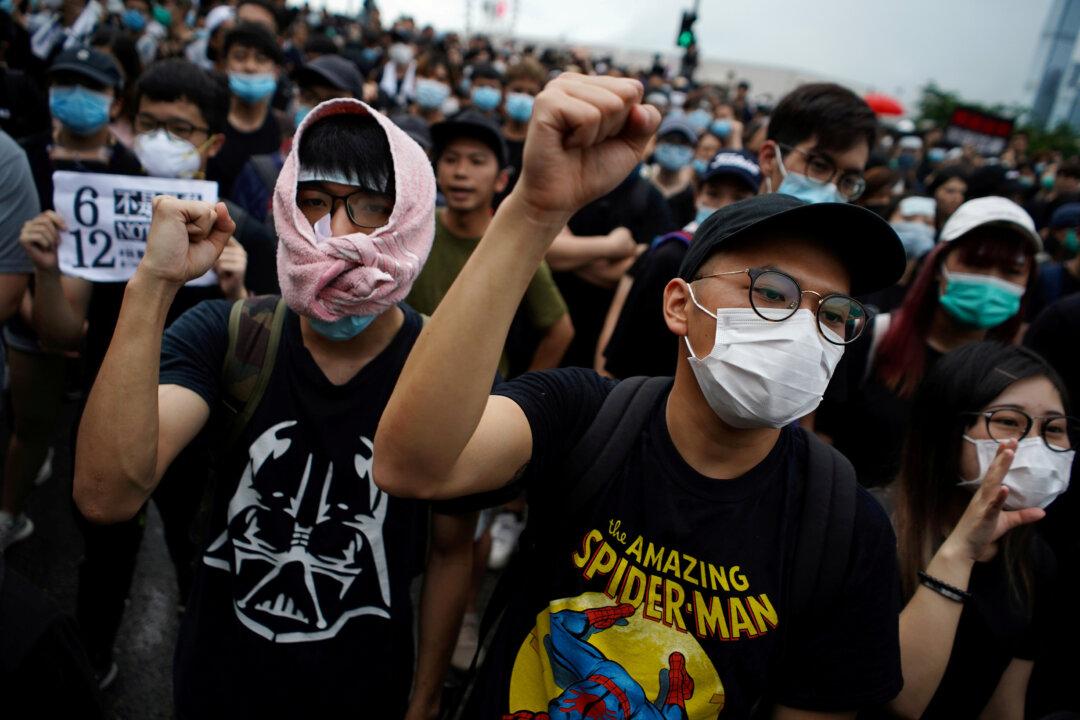HONG KONG– Campaigners in Hong Kong have registered thousands of new voters during mass protests against controversial extradition law reform, pouncing on an opportunity to bolster the democratic opposition’s prospects in upcoming elections.
The city’s pro-democracy camp needs a strong showing in city-wide legislative polls next year to recapture a big enough bloc to veto proposals from pro-establishment rivals, who now dominate the 70-seat legislature.





